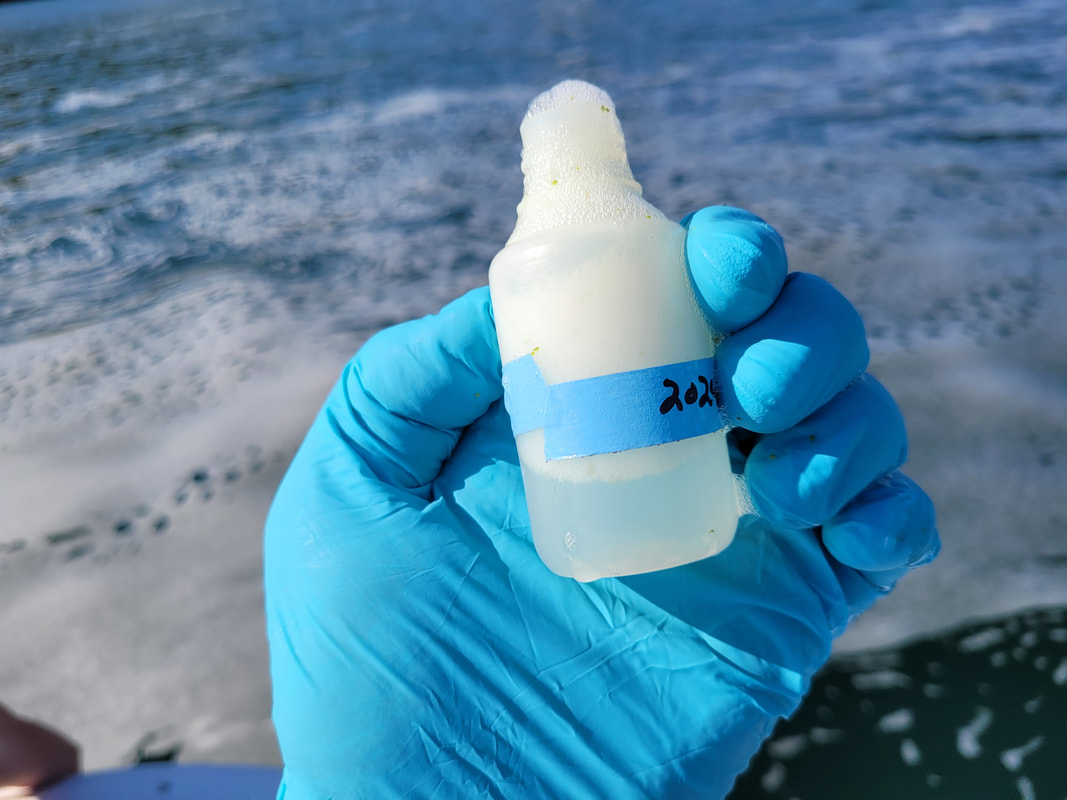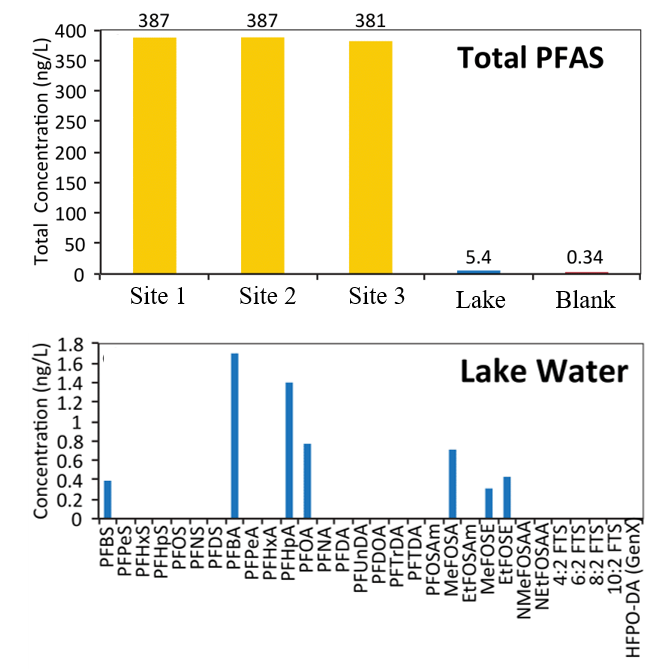Core Expertise
GAR consultants provide expert professional advisement, project guidance and implementation, and research services in a broad range of fields centered around water quality, pollutant fate and transport, and carbon cycling and storage
Water Quality
|
The majority of the U.S. water supply is obtained from surface freshwater sources, including lakes and rivers. Maintaining the water quality of natural systems, in particular water bodies serving large population centers, requires a coordinated effort among local and state agencies, lake associations, citizen science groups, and research laboratories. The rapid pace of modern environmental change - marked by the proliferation of harmful algal blooms (HABs), invasive species, hypoxia, and extreme rain events - places additional demands on these organizations, who are already working in a complex, multi-disciplinary space.
|
We partner with these organizations to navigate their most critical challenges in research, decision-making, and operations. Our expertise, grounded in a deep understanding of the chemical and biological interactions within aquatic systems, allows us to deliver innovative, tailored solutions for water quality management. By drawing actionable insights from complex environmental data, we enable our partners to make informed decisions that protect aquatic resources.
Pollutant Fate and Transport
|
Investigating the source and extent of pollution requires a nuanced understanding of how different conditions in environmental settings influence chemical behavior. In deep lakes, coastal wetlands, and urban rivers, per- and polyfluoroalkyl substances (PFAS), persistent organic pollutants like polychlorinated biphenyls (PCBs), and heavy metals migrate and transform in different ways that affect their ultimate fate in the environment and overall impact on human health.
As advisors to environmental consulting firms, legal teams, non-profits and academic groups, we bring a wealth of pollutant behavior knowledge and research experience to site assessments, remediation planning, field and lab campaigns, funded scientific programs, and fundraisers. We also provide support as expert witnesses and independent document reviewers. |
Carbon in Aquatic Systems
|
Vast quantities of carbon are stored in wetlands, lakes, estuaries, and the ocean. Deciphering the quantity, form, and source of carbon in these systems provides valuable historical and modern environmental information related to ecosystem health and function. Aquatic systems are also increasingly recognized as major carbon sinks that play a vital role in earth's climate. However, understanding the timescales of carbon storage and evaluating the impacts of human activity on these reserves requires a comprehensive knowledge of the carbon cycle, organic geochemical laboratory techniques, and cutting-edge data interpretation strategies.
|
GAR consultants bring unparalleled expertise to carbon projects, having published foundational research on carbon cycling and burial, and contributing to large-scale international efforts to reconstruct earth's climate history such as the International Ocean Discovery Program. Our targeted solutions ensure accurate carbon stock assessments, optimized source-to-sink studies, and effective biogeochemical research programs.



